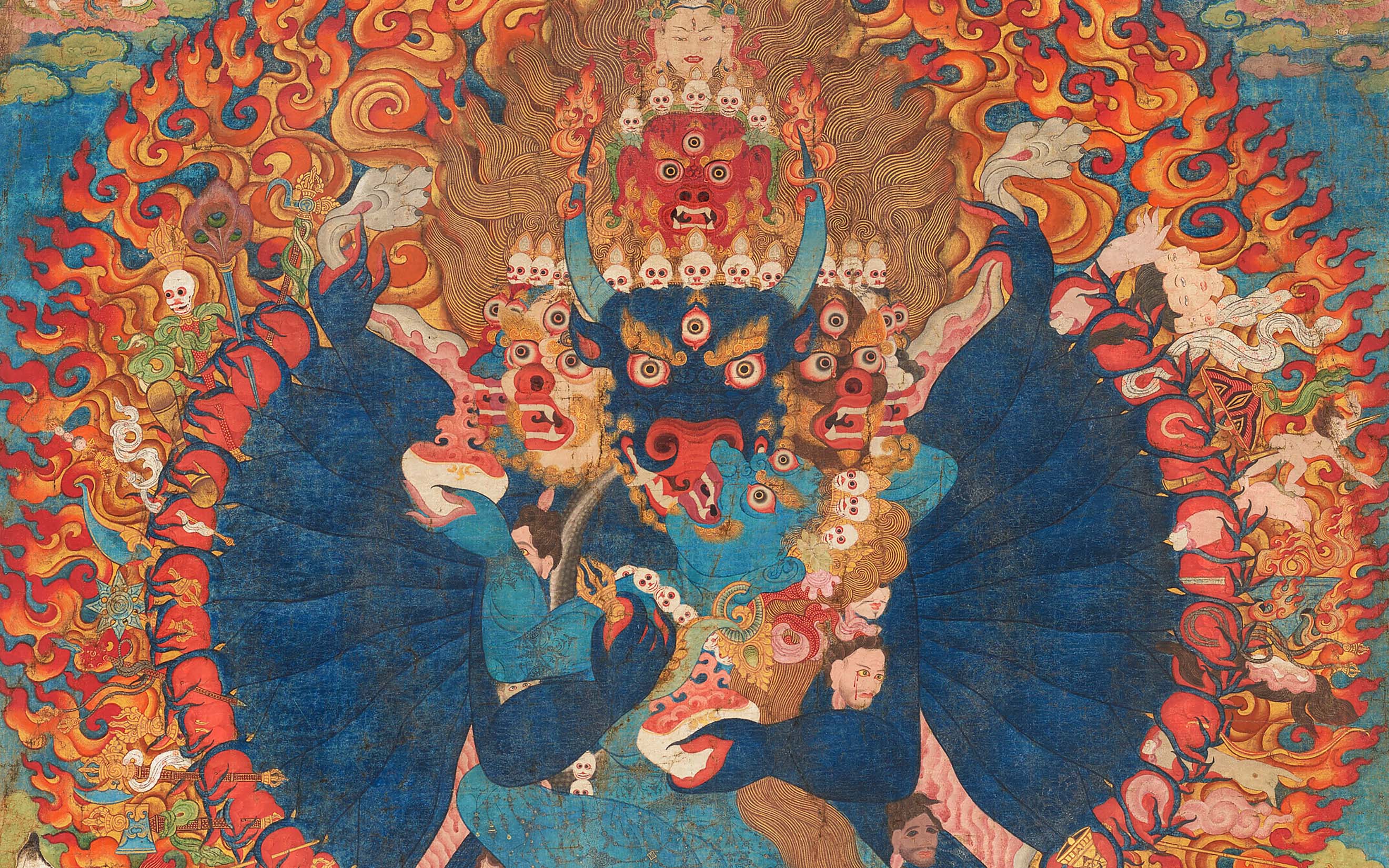Google’s Year in Search 2020 has told us that this was the year people around the world were looking for ways to thank key workers, hunting down the best virtual museum tours, and simply trying to find out what day it was amid lockdown disorientation.
But what about in China? With Google’s search engine blocked in the country, the Year in Search comes courtesy of China’s biggest search engine, Baidu.
Baidu does its own round-up of internet trends each year, covering key terms, celebrities, TV shows and more that people were looking for over the course of the year. Here’s a quick-fire guide to the 2020 version.
Keywords
No real surprises here: “pandemic” topped Baidu’s list of the most searched terms in 2020. On a related note, “face mask” came in at number three, while “returning home” (as in, getting back to China) was the fifth most-searched term according to Baidu’s report.
Related:
 Virtual Construction Supervisors and Depression Clouds: Here Are China’s Words of 2020The internet’s words of 2020 are here. Are you ready?Article Nov 24, 2020
Virtual Construction Supervisors and Depression Clouds: Here Are China’s Words of 2020The internet’s words of 2020 are here. Are you ready?Article Nov 24, 2020
Rounding out the rest of the top ten were some especially intriguing searches. “The 70th anniversary of the Korean War” was sixth, an occasion that was marked by a slew of propaganda films and TV shows, plus an unnecessary spat with BTS. Seventh on the list was “US-China relations.”
After that came two of the biggest TV programs of the year: Nothing But Thirty and Sisters Who Make Waves.
And completing the top 10 most-searched terms in 2020 according to Baidu was “Kobe Bryant has passed away,” an indication of how deeply his death was felt in China.
Related:
 Chinese Fans Mourn Passing of Kobe BryantArticle Jan 27, 2020
Chinese Fans Mourn Passing of Kobe BryantArticle Jan 27, 2020
People
This year, Baidu broke down its list of people into “hot searches” and “pride-inducing.” Topping the latter is Zhong Nanshan, the doctor credited in China with helping halt the Covid-19 pandemic in the country. Two more health officials — Zhang Wenhong and Li Lanjuan — complete the top three on that run-down. Dr Li Wenliang, whose name was all over the internet following his tragic death, is unfortunately nowhere to be seen on the list.
Fourth on the pride list is Geng Shuang, the Foreign Ministry spokesperson who has helped shape an increasingly combative tone in that department.
Related:
![]() “America Started as Pirates”: China Reacts to “Lifetime B*tch” TweetThe China Daily journalist returned to double down on his statementArticle Dec 05, 2020
“America Started as Pirates”: China Reacts to “Lifetime B*tch” TweetThe China Daily journalist returned to double down on his statementArticle Dec 05, 2020
Zhang Yuhuan, a man who spent almost three decades in prison before being cleared of the murder he’d been put away for, tops the “hot search” people list. He’s followed by Huawei CFO and US extradition target Meng Wanzhou.
Best of the Rest
Baidu’s other lists include categories such as “knowledge words,” “lifestyle phrases” and “technology terms.” They’re not the most exciting to go through in detail, but there are some intriguing highlights.
Unsurprisingly, these lists are also dominated by pandemic-related search queries. “Work from home” was a prominent term this year according to Baidu, as was “online courses.”
And after “996” work culture — the idea of working from 9 AM to 9 PM, 6 days a week — trended in 2019, remote working under lockdown brought more stress to China’s working class this year. That culminated in the ridiculous proposition by CEO of Chinese food chain Xibei that his employees work “715,” or 15 hour days, 7 days a week. “715” thus made it into the top work-related search terms of the year.
Related:
 2020 Wrapped: 10 Massive Moments That Went Viral This YearJackie Chan, BTS, and “Mulan” all make an appearanceArticle Dec 16, 2020
2020 Wrapped: 10 Massive Moments That Went Viral This YearJackie Chan, BTS, and “Mulan” all make an appearanceArticle Dec 16, 2020
Indicating shifting lifestyles thanks to everything 2020 threw at us, Baidu’s lists also feature trending terms such as “livestream ecommerce” and “take-out food economy.” Meanwhile, the top 10 technology-related searches were reportedly topped by “facial recognition while wearing a face mask.”

















